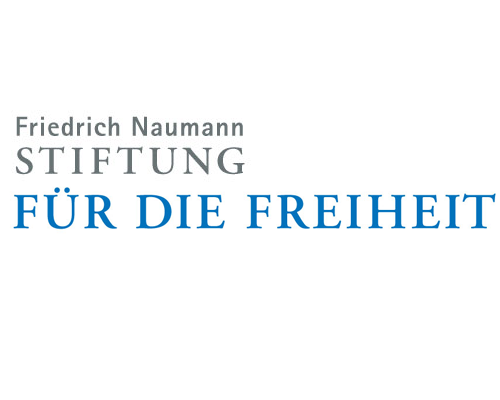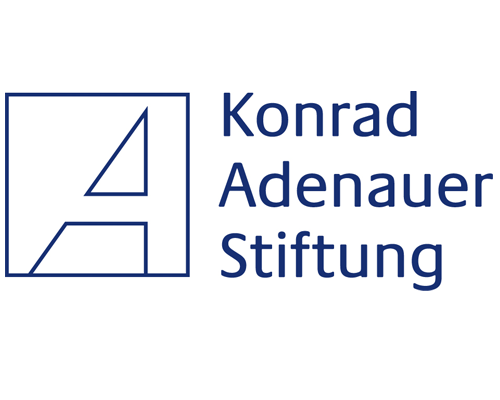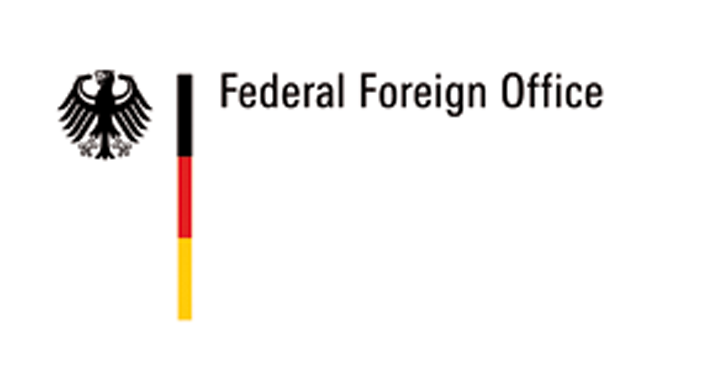»Compact on Economic Governance« of the Deauville Partnership (final, 6 May 2015)
At the Foreign Ministers’ Meeting on 25 September 2014 in New York the Deauville Partnership (DP) was called upon »to concentrate its efforts on jointly identified areas for priority action, such as institution- and capacity-building, good governance, regional integration, reforms to attract investment, promotion of small- and medium-sized enterprises, sustainable private sector development, and greater political and economic participation of women and youth«.
Following on from this call, the Deauville Partnership agreed on a “Compact on Economic Governance”, on 6 May 2015, at a Senior Officials’ Meeting at the OECD in Paris. This Compact provides a framework for key policy objectives to promote good governance and a sound business climate, to be undertaken by Arab Countries in Transition (ACTs) and supported by the G7, Deauville Partner countries, the OECD and the IFIs, as well as relevant coordination platforms.
The Compact will be followed up on by a steady dialogue and consultation process and by the development of country-tailored implementation plans where ACTs would identify specific policy measures and the G7 and Partner countries could match them with technical assistance and other supporting measures. The Deauville Partner countries intend to conduct a peer learning and peer review dialogue, which will be supported by the OECD and the IFIs, as well as relevant coordination platforms.
Measuring policy effectiveness should be an integral part of the implementation plans. When feasible, every policy action identified should also include an effectiveness monitoring mechanism. In addition to qualitative measures of policy effectiveness, internationally established indices1 could be used as references to measure actual improvement towards reaching the policy objectives.
DEAUVILLE PARTNERSHIP COMPACT ON ECONOMIC GOVERNANCE
The Deauville Partnership agrees on the importance of the following goals to ensure continued economic stabilisation in Transition Countries through improved economic governance:
I. Designing sound economic policies for socially inclusive and environmentally sustainable market economies through
- Building and developing dynamic market institutions and associated regulatory mechanisms for inclusive and sustainable growth;
- Strengthening the macroeconomic framework and promoting the macro-political and sectoral dialogue on economic reforms and macroeconomic stability;
- Promoting the development of industry, services and market-based structural policy strategies to enable economic diversification and product sophistication;
- Improving the efficiency and transparency of stock markets, as well as central bank and financial sector regulations;
- Improving access to regional and international markets through the promotion of foreign trade and regional and global economic integration;
- Developing better targeted and more cost-effective active labour market policies for the inclusion of youth and women in the labour market and entrepreneurial community.
II. Enhancing the transparency and efficiency of public institutions and processes through
- Implementing principles of open government;
- Improving and simplifying public procurement procedures;
- Improving fiscal institutions and tax systems to reinforce the mobilisation of domestic resources;
- Improving Public Finance Management through tax reform, increased budget and fiscal transparency and an enhanced role of Parliaments in budget control;
- Improving regulatory and competition quality frameworks;
- Establishing and/or improving transparent and merit-based recruitment procedures in the civil service;
- Fostering an independent and efficient judiciary.
III. Building an attractive environment for investment and development of the private sector through better economic governance, in particular by
- Designing and implementing investment laws and policy reforms and strengthening the institutional investment framework through streamlining investment procedures, with a view to restoring both national and foreign investors’ confidence and attracting more and better investments;
- Fostering regional investment integration, with a view to stimulating investment flows (including intra-regional flows), establishing inter- and intraregional clusters and value chains, harmonising investment rules, maximising investment links with trade agreements and facilitation measures, and further promoting the regional dialogue on investment;
- Remove barriers to remittance flows, notably by contributing to decreasing their cost, thus facilitating the use of remittances for inclusive investments (in SMEs, women, youth, entrepreneurship and local development);
- Supporting start-ups, as well as the growth of local private companies, by improving business and regulatory environments (e.g. through streamlining business licencing systems, business registration, ensuring stable property rights and reducing red tape), enhancing enterprise policy effectiveness, including policies for access to finance, and fostering linkages between local and foreign owned firms;
- Promoting financial literacy and inclusion, in particular for youth, women and SMEs;
- Fighting corruption in the public and private sectors and promoting responsible business conduct;
- Improving the effectiveness and governance of State-Owned Enterprises (SOEs) and ensuring a level playing field for the private sector;
- Strengthening the role of the private sector in adequate skills development for the youth by developing Public-Private joint initiatives for targeted skills trainings, improving the quality and the provision of on-the-job trainings and apprenticeships and enhancing the provision of job search services and career guidance by private actors.
IV. Involving the public and civil society, and the business community in decision-making through
- Fostering women’s and youth economic empowerment and integration in the labour market, including by promoting women’s and youth entrepreneurship;
- Adopting a comprehensive approach to enhancing women’s political, social and cultural participation, including by ensuring female representation in parliaments;
- Improving public-private dialogue and enhancing the policy advocacy role of the private sector and civil society;
- Strengthening public participation and scrutiny of the government and private sectors through watchdog organisations, independent expert panels and improved access to public information;
- Raising awareness and building trust in Government action through citizens’ participation and information-sharing with relevant stakeholders, including through means of digital governance.
V. Ensuring the success of this Compact through
- Putting into place enabling national and regional legal, organizational and institutional and communication frameworks for the achievement of all sector goals;
- Enhancing coordination among Deauville Partners, including at a local level.
The Compact will be followed up on by a steady dialogue and consultation process and by the development of country-tailored implementation plans where ACTs would identify specific policy measures and the G7 and Partner countries could match them with technical assistance and other supporting measures. The Deauville Partner countries intend to conduct a peer learning and peer review dialogue, which will be supported by the OECD and the IFIs, as well as relevant coordination platforms.
- Internationally estwablished indices: the World Bank’s Doing Business Index, the Bertelsmann Foundation’s Transformation Index, the Corruption Perception Index of Transparency International as well as the OECD’s Trade in Value Added Database (TiVA), Services Trade Restrictiveness Index (STRI), Product Market Regulation Index (PMRI), FDI Regulatory Restrictiveness Index (FDI index) and the Global Entrepreneurship Monitor (GEM).
Supported by






© CANDID Foundation gGmbH 2015



